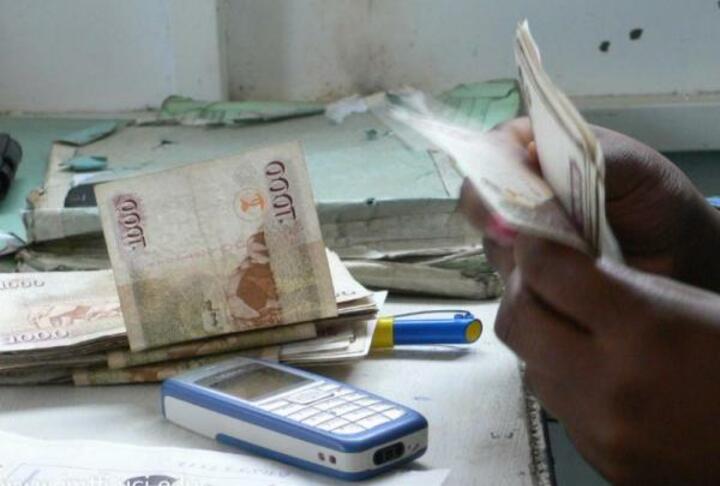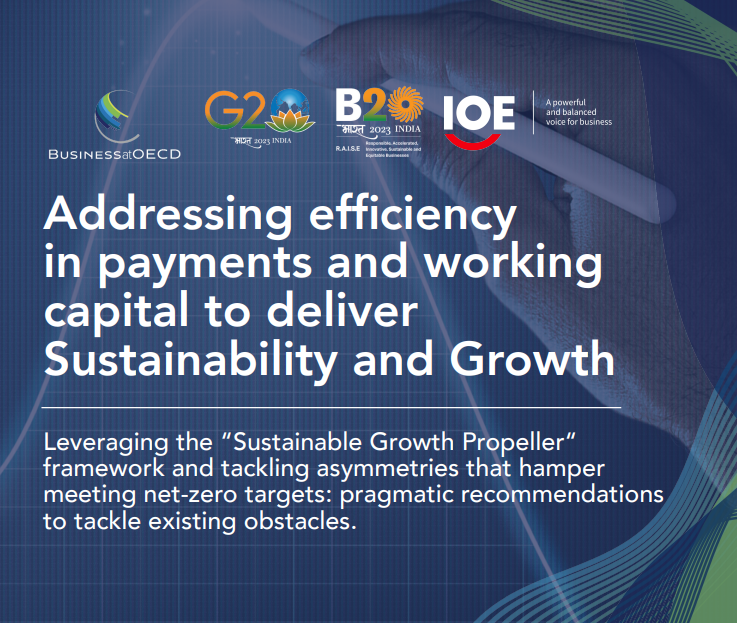Payments are essential to the prosperity of the poor because they provide access to the global economy. Yet, moving money is one of the most underappreciated challenges facing financial inclusion today. Antiquated infrastructure lacks interoperability and involves multiple intermediaries to execute payments. This creates delays, costs and risks that prevent payment systems from adequately serving the world’s poorest.As the payment sector contemplates new infrastructure, lessons from open infrastructure approaches, such as those adopted for the formation of the Internet, give an indication of how to remove barriers in financial services and foster innovation and growth in payments.Read full blog on the CGAP site
Articles
The ‘Ripple’ Effect: Why an Open Payments Infrastructure Matters

May 05, 2015









